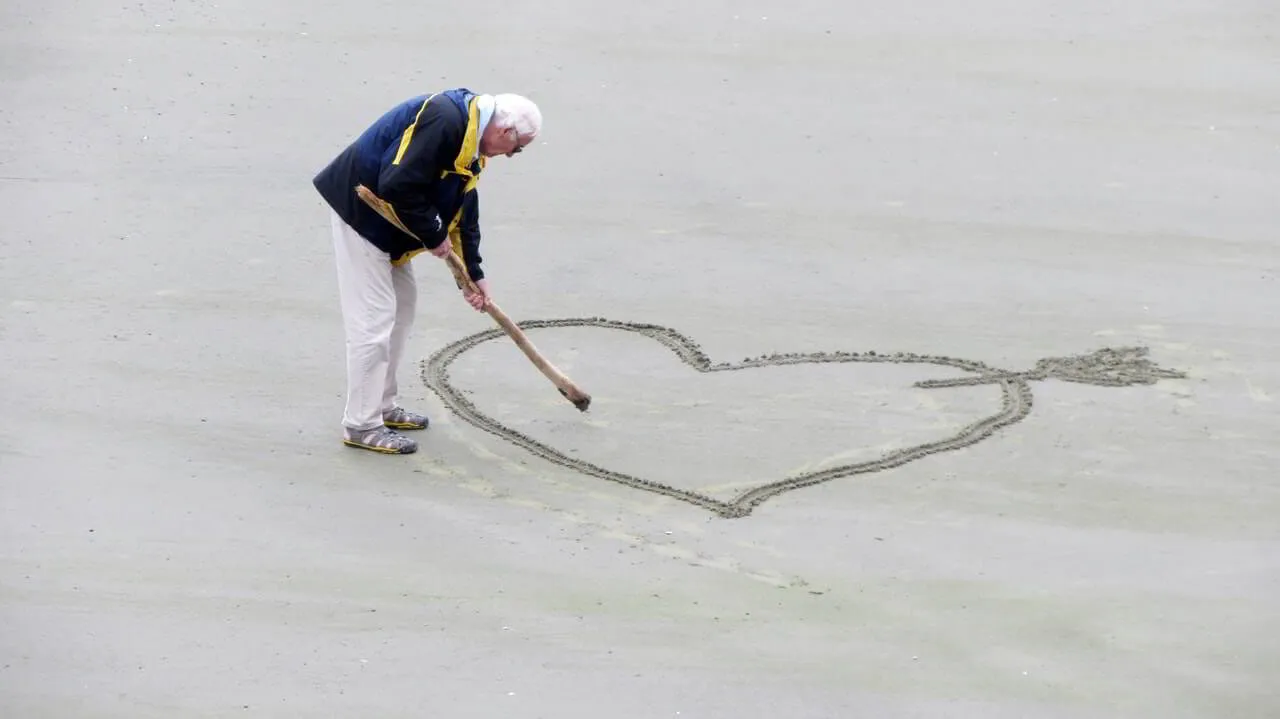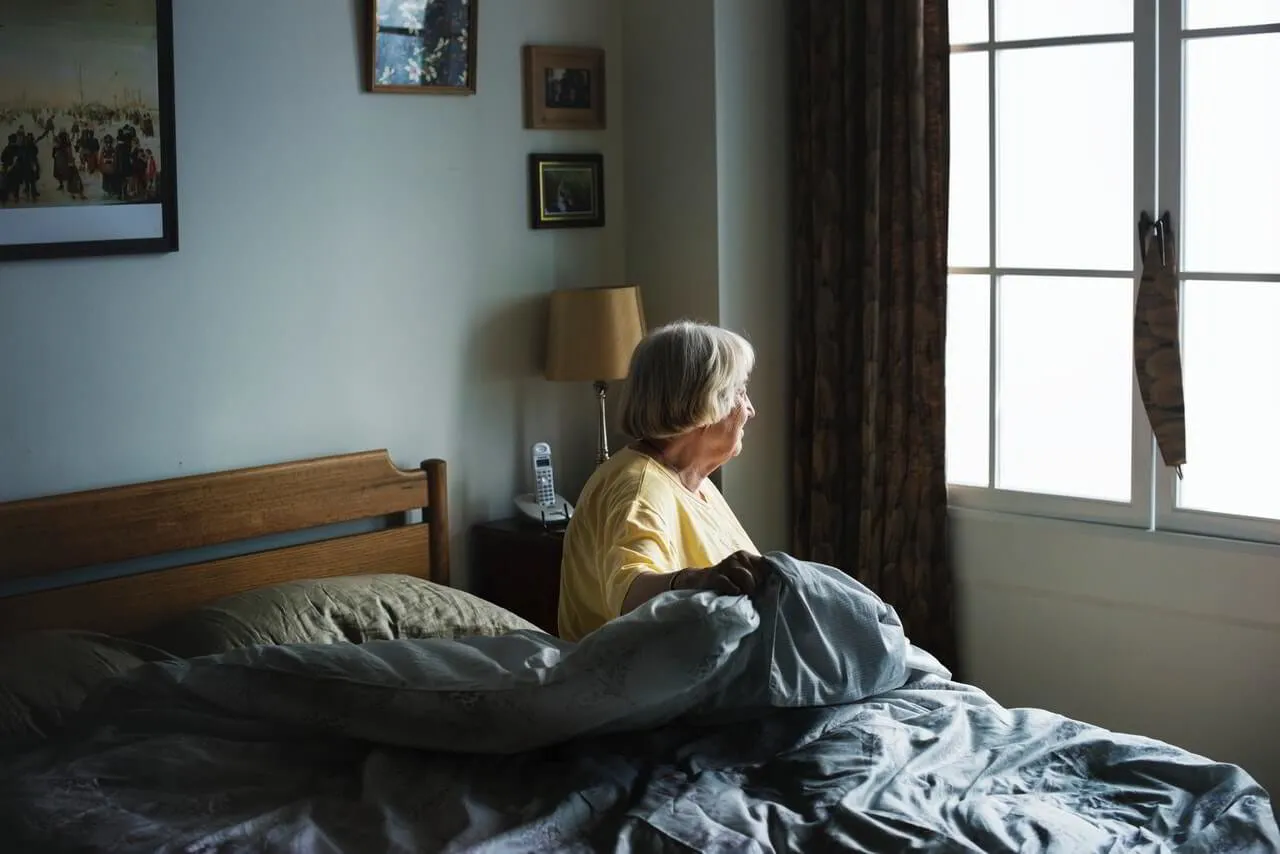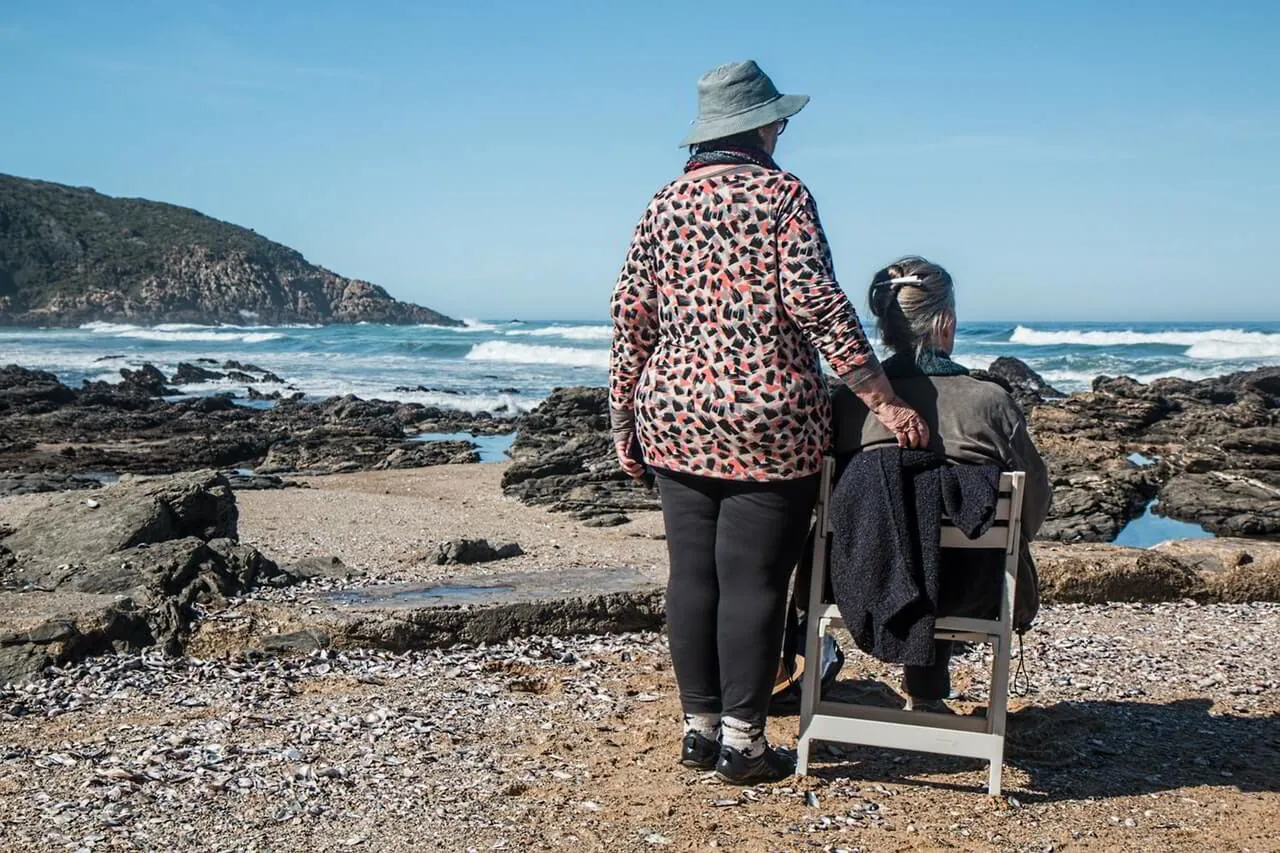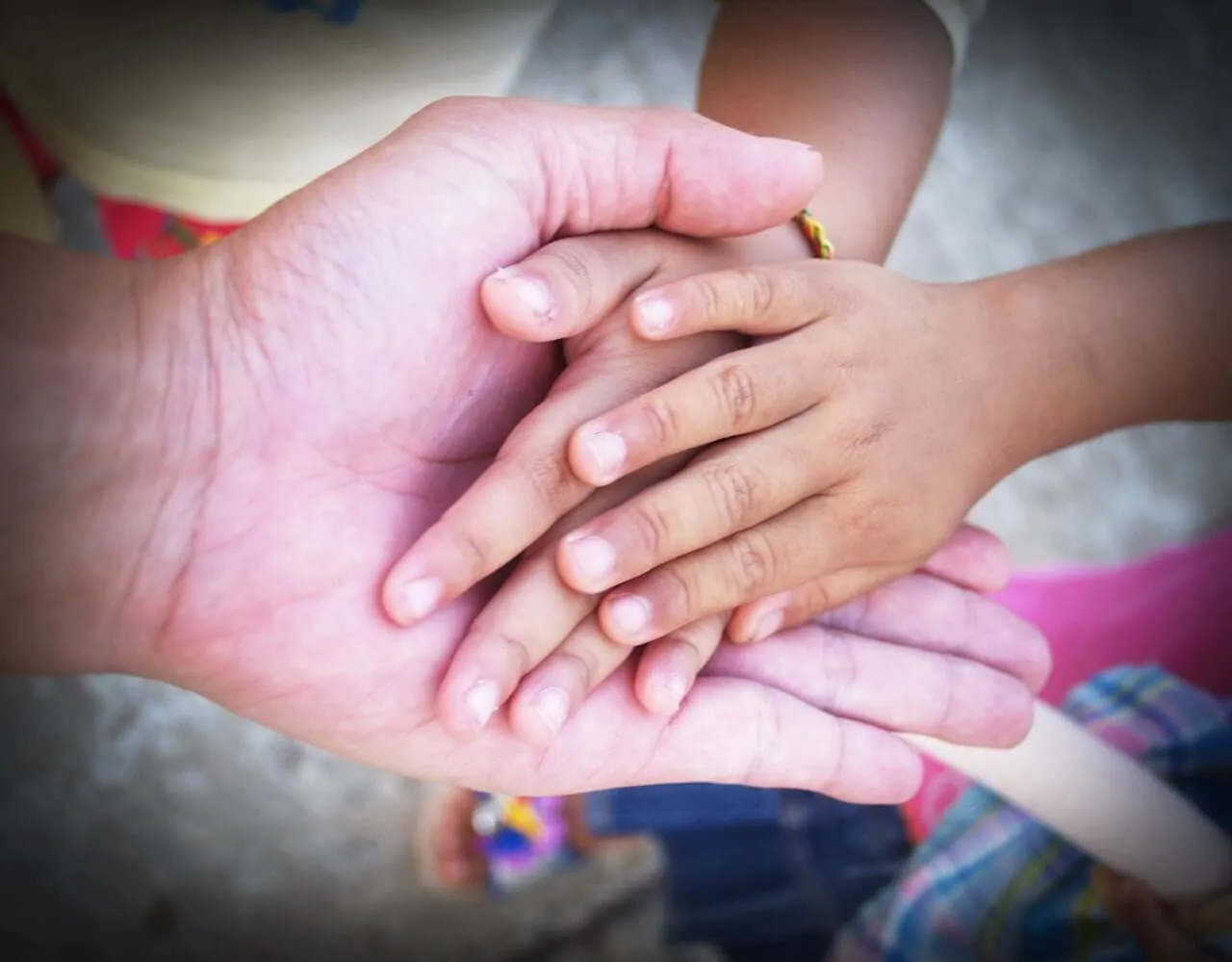I was sitting with a friend this week. It was a regularly scheduled meeting, but as we were discussing and planning different strategies and takes on the current senior/elderly issues, she mentioned a phrase that I was not easily able to let go. What normally makes our conversations so powerful is the fact that we both focus in on seniors but she speaks from psychological impact perspective and the current relational impasses that can occur and I normally speak from the issues that arise within the home, societal norms, and a socioeconomic perspective. But we both speak from the heart because that is what drives us. In America, we have phrases and acronyms for almost everything, so although I may be perplexed at times with “youth-speak” I am rarely caught off guard when the discussion is centered on seniors. But this phrase gripped my heart and made my brain begin to spin, I couldn’t wait to get home and do more research on this topic. Today, I want to share with you the concept of Elder Orphans and how it is impacting our elderly population in more ways than one. But you see, the truth is, once I provide the definition of an Elder Orphan there will be at least one person that will enter your mind that either meet this description or may end up spending his/her later years as an elder orphan.
Simply put the simple definition of an elder orphan is a senior person that does not have a family member to help assist their caregiving needs. According to AARP (Ianzito, 2017), “More than 1 in 5 Americans older than 65 are — or are at risk of becoming — elder orphans. And 23 percent of boomers will eventually be without family caretakers…And those figures don't include the countless parents whose adult children are not available or able, for various reasons, to assist them.” Now, we understand that we cannot control the factor of early deaths within our families, but what about the seniors that are abandoned (orphaned) by children, friends, or siblings? What can be done about this? Taking into consideration that most people tend to befriend others within their own age group, we are left with a situation where the elderly are trying to provide care for one another, but what happens when they both need care or the primary friend that is providing care dies or becomes too sick to help? There must be a solution. According to another AARP report, it was concluded: “…that while there were 7.2 potential family caregivers for every person 80 and older in 2010, that ratio is likely to fall to 4 to 1 by 2030, and could sink to 3 to 1 by 2050.” Now, I could easily regurgitate the solutions this article provides such as getting paperwork in order, find support, and etc. These are all very good topics and things that should be addressed. But because I have centered UCSS (Unconditional Care Senior Services) around building relationships, I’ve chosen to address this issue from a different point of view.
Additionally, we could come up with many different ‘band-aids’ to cover the situation of Elder Orphans but the bottom line is a lack of either familial availability, geographic locations, or a lack in socialization/friends. And although, we can’t force family members to participate more in the care of elderly family members and let’s face it…there are so many issues that can cause breaks in relationships. But there must be a way to bridge the gap in elderly relationships. One way could be to provide group connections between community or local youth and the elders that live there. This could prove to be useful and powerful to help mend the issue of Elder Orphans and to promote generational mentoring.
What would happen if there was a way to bring an adoption piece to this issue? Just like adopting orphaned children typically provides a better life outcome for the young, what would the impact be if we were able to bring that same concept into the lives of the elderly? In America we have companies that adopt/sponsors both schools and roads, but has anyone thought of creating volunteer initiative that would allow the adoption of senior care facilities or communities? With improved life longevity and prolonged life spans it is important to build positive intergenerational cooperation/relationships and education promotion not only for the elderly but for the youth as well. We are quickly becoming a society where the elderly are increasingly aging alone, dealing with multiple diseases, and are geographically distant from family and/or friends (Maria T. Carney et al, 2016). Could the solution to Elder Orphans be the integration of positive intergenerational partnership?
To press the issue more, let’s take a look at how other cultures, both outside and inside of the US, handles the issue. In the Greek culture, elders are central to the family and therefore the youth are encouraged and expected to respect the elderly in their family. In the Native American culture, the elders pass down wisdom and knowledge to the youth. In Korea, absolute respect and honor are expected for the elderly. Aging is so honored in Korea that there is actually a special event thrown at the age of 60 and again at 70 to celebrate such an honored occasion. In India, elders are considered the head of the family. Now I understand that our
culture is different from most of the ones that I listed above, but I mention this to show the importance of connecting our youth and elderly.
Right now, if you are thinking I don’t have any more time to give. Between soccer practices, violin lessons, and school plays…where am I going to find the time? Well, here’s the thing. What would happen if we created more programs and opportunities for children that need this type of support and mentorship? This type of mentorship would create an opportunity for a creative perspective, encouraged respect, increased empathy, and a passing of knowledge between the generations. I know personally that the amount of time that I have spent with seniors (decades) has helped to shape and shift my life in a positive way. I have been fortunate enough to plant many seeds in the lives of seniors, BUT what I have gotten back in return has been priceless! I have received so much more than I have given. I have always said and believed that if you can be quiet long enough, still long enough, and patient enough…most seniors willingly pass along hidden keys to life through their words. Seniors should be honored, respected, and loved…unconditionally.




